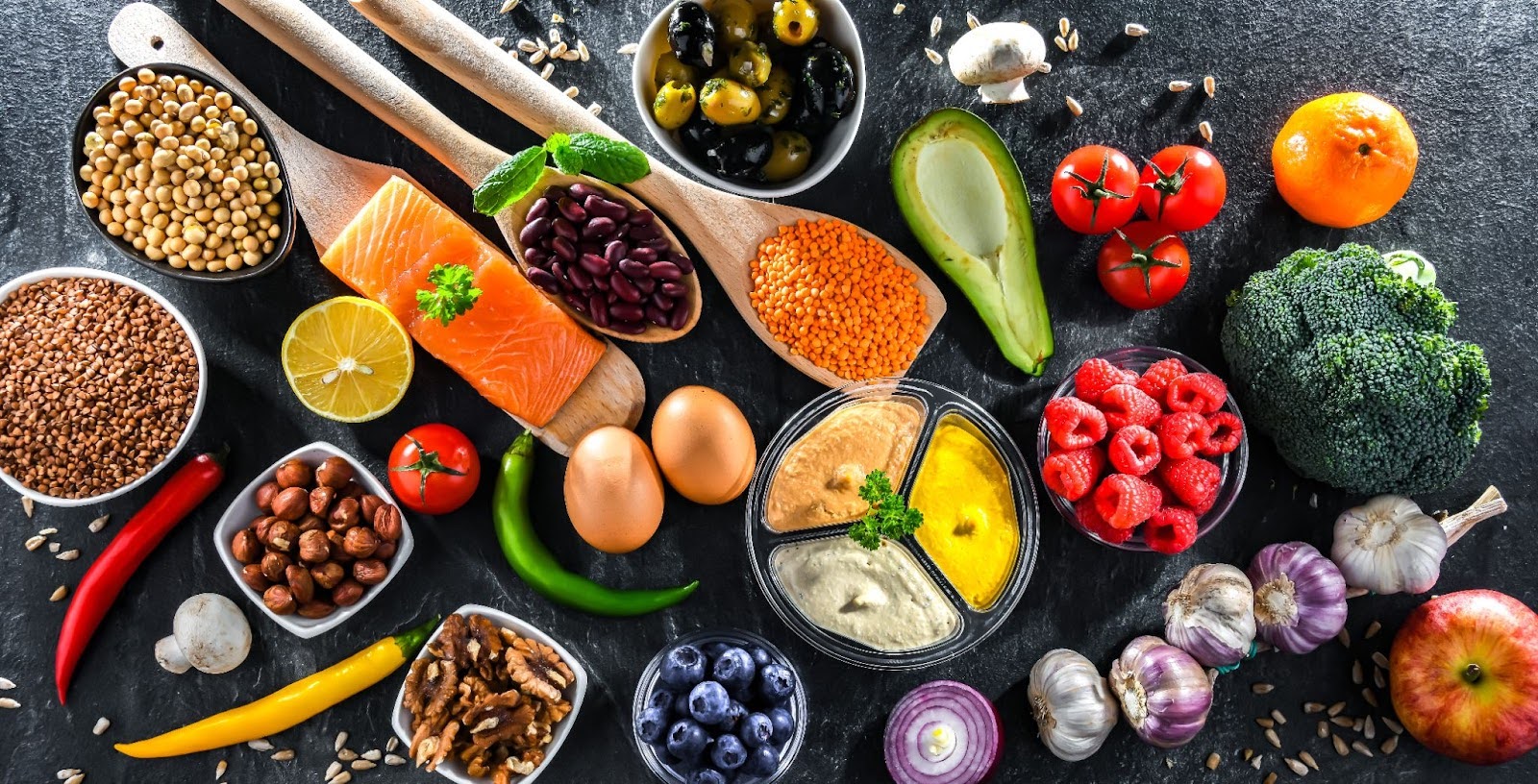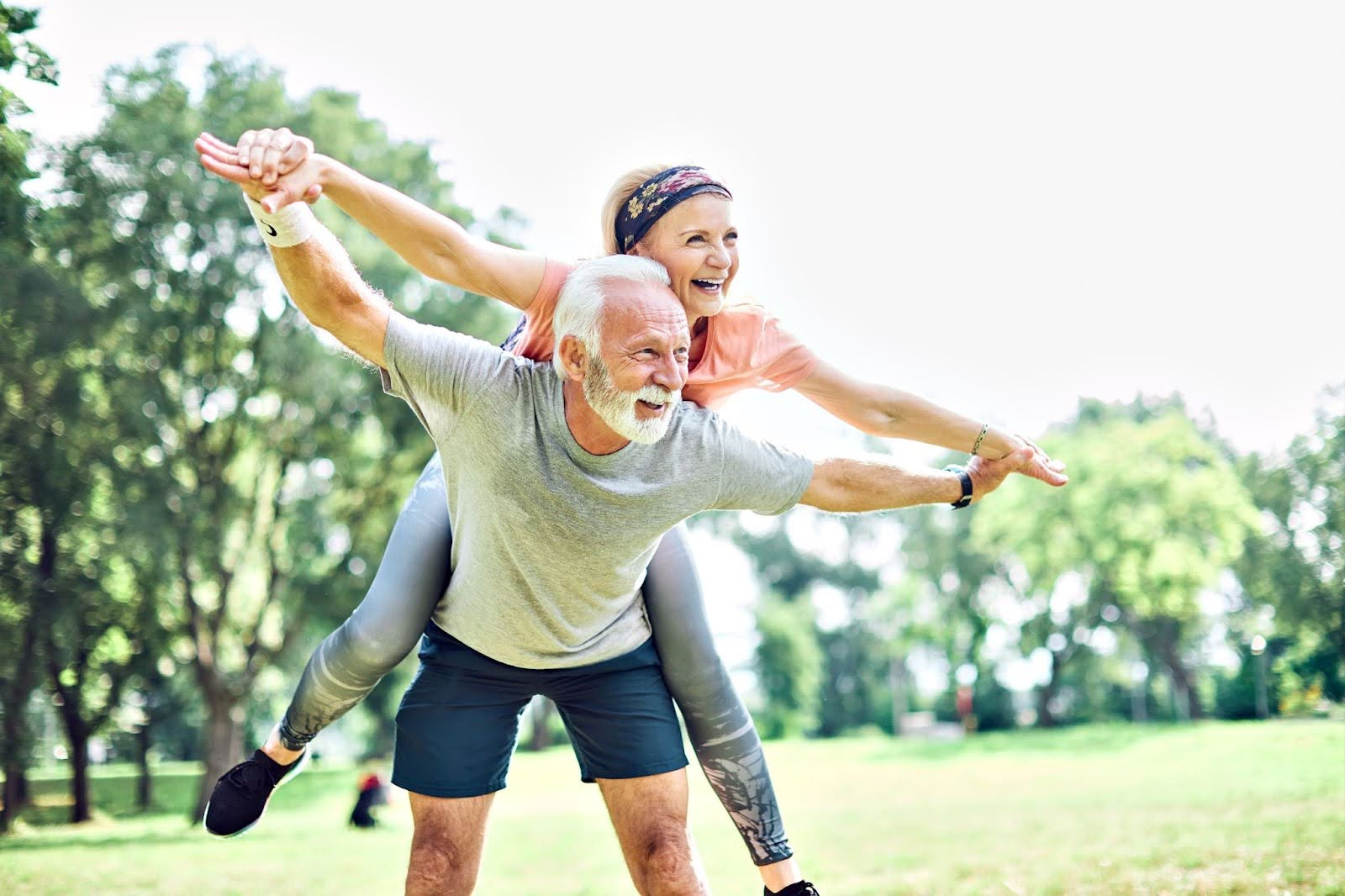
I hear so many times: it’s my metabolism… I was getting my hair done and listening to a woman talk about how her metabolism was to blame for her weight – that there is something innately wrong with her metabolism. Like it’s broken.
I say we discuss some of the metabolism facts.
Why can one person eat like a growing teenager and not gain a pound, while another person’s every indulgence shows up on the scale? Chalk it up to individual differences in metabolism, muscle mass, and physical activity. Metabolism is the process by which our bodies convert what we eat into the energy we need to survive and function. It powers everything from breathing to blinking. A fast metabolism is like a hot furnace that burns through fuel (calories) quickly. A slow metabolism needs less fuel to keep a body running.
It’s tempting to blame weight gain on a slow metabolism, BUT, there are ways to support metabolism.
Let’s take a look at some of the metabolism myths you all are hanging your hat on:
Claim: Our metabolic rates can’t change.
The truth: While it’s true that genetics help determine our metabolic rates, we can boost metabolism by increasing lean muscle mass. Muscle is metabolically active, which means that people with lean, muscular bodies need more energy to function than people with a higher percentage of body fat.
Our muscle mass decreases as we age, and this contributes to a slower metabolic rate. But you can counteract this process by picking up the weights to help lessen this decline.
Claim: A diet of green tea and chili peppers will boost metabolism.
The truth: No magic food will speed up metabolism. Some studies have shown that green tea and hot chilies temporarily boost metabolic rates, but the lift isn’t very significant (we’re talking less than 50 kcals/day).
The path to a healthy lifestyle includes a balanced eating pattern filled with nutrient-rich foods, not a diet doused in chili peppers.

Claim: Eating late at night slows metabolism.
The truth: There is little evidence to support the fact that eating after 8 p.m. causes weight gain. However, you may be more likely to snack mindlessly in the evenings while watching television. And if you haven’t had enough food in the day, you might overindulge in the night which can equate to more calories than your body needs.
Eat regular meals and snacks throughout the day to prevent extreme swings in hunger and fullness. If you’re eating later in the evening, do so mindfully and put away the snacks when you’re satisfied.
Claim: Very low calorie diets and skipping meals can jumpstart weight loss.
The truth: Creating a large calorie deficit in attempts to lose weight can backfire. Our bodies are smart and programmed for survival. Severely limiting calories can make your body think it’s entering a famine, and that it needs to do more with fewer calories. Your body adapts to the restricted caloric intake, and uses fewer calories to perform the same tasks.
Resist the urge to diet and instead prioritize healthful foods, including whole grains, legumes, vegetables and fruits, and fun physical activity. Don’t forget about stress management and proper sleep. These healthy lifestyle behaviors contribute to overall well-being. And stop being so gullible with what you read and hear!

What you CAN do:
- Add more muscle: It burns more calories than fat. Muscle is needed. So at rest you will be burning more.
- Move More: Decrease sedentary minutes in the day by adding a standing desk at work (and using it), walking around more, fidgeting, etc.
- Eat frequently (when you are hungry and stop when you are full): Telling your body it will get food anytime it’s hungry will keep it burning efficiently
- Sleep 7-9 hours per night: Sleep regular hours and don’t press snooze
- Stress management: Meditation, therapy, breathing techniques – whatever works for you, do it regularly
And if you have done all the lifestyle interventions above and more, check your hormone levels with a qualified doctor when you think your body is really not cooperating.
Keep it real 🙂
Miriam
Studio SWEAT Dietitian, Certified Personal Trainer, Intuitive Eating Counselor
Resource:
1. Academy of Nutrition and Dietetics









Comments - 0